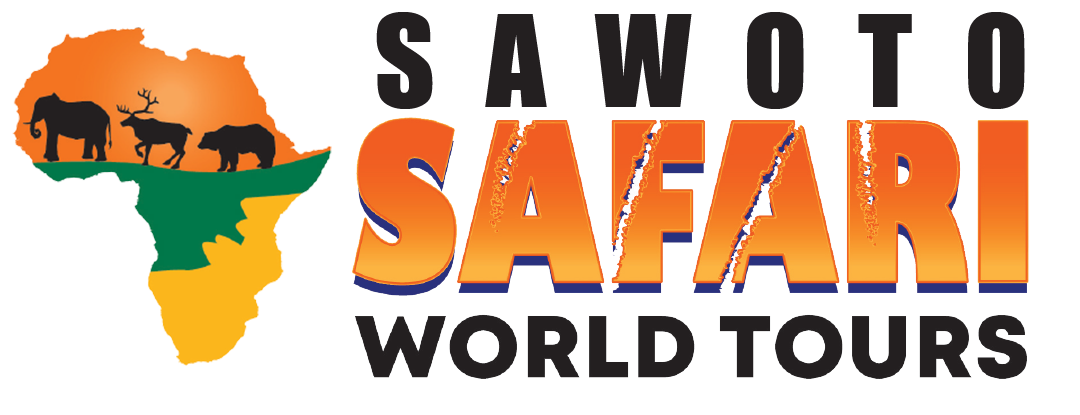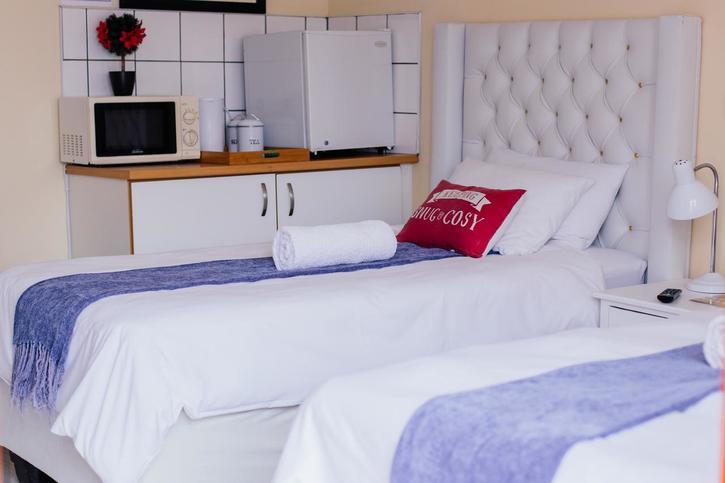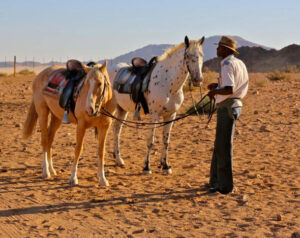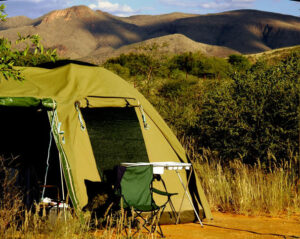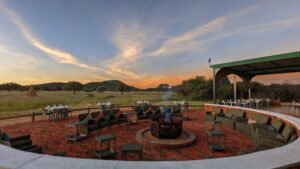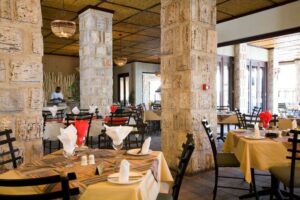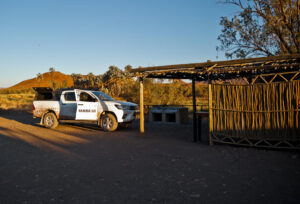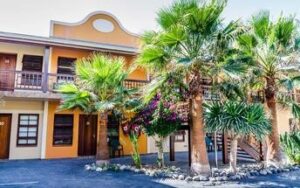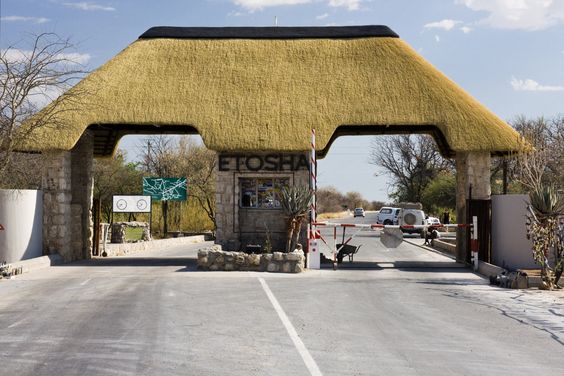Tour Details:
This affordable 14-day Namibia Best Experience camping safari covers all of the top points of interest in Namibia, including the Fish River Canyon, the Etosha National Park, and Sossusvlei / Namib Nauklift Park. But also covers the far southern region.
Then there is a bit of culture whereby you will be able to visit the Himba Tribe, San Tribe, and Damara Tribe. All meals will be prepared by our tour guide and we will provide all camping equipment including tents, pillows, sleeping bags, and all utensils. So all you need is your luggage and we are good to go!

